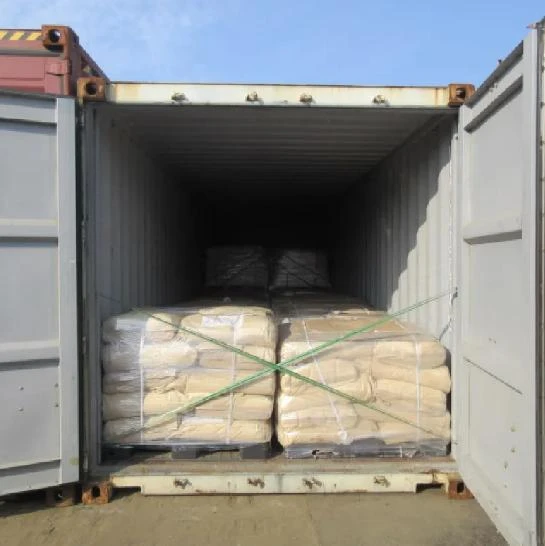
urea nitrogen fertilizer
Urea Nitrogen Fertilizer An Essential Nutrient for Agriculture
Urea nitrogen fertilizer is one of the most widely used nitrogen sources in agriculture, playing a vital role in enhancing crop productivity and improving soil health. As a key component of the nitrogen cycle, nitrogen is essential for plant growth as it is a fundamental building block of amino acids, proteins, and nucleic acids. Urea, with its high nitrogen content, presents an efficient means of supplying this critical nutrient to various crops.
Chemically, urea is a simple molecule composed of carbon, oxygen, nitrogen, and hydrogen. With a nitrogen content of about 46%, it is often favored by farmers for its high nutrient concentration relative to other nitrogen fertilizers like ammonium nitrate or calcium nitrate. This high nitrogen percentage means that less urea is required to achieve the same fertilization effect, making it a cost-effective choice for many agricultural practices.
The application of urea can significantly influence the growth and yield of crops. Nitrogen facilitates several key physiological processes, including photosynthesis, chlorophyll production, and overall plant development. When applied correctly, urea can lead to enhanced crop quality and higher yields. This is especially important in regions where food production needs to meet the demands of rapidly growing populations.
urea nitrogen fertilizer

However, the use of urea nitrogen fertilizer is not without its challenges. One of the primary concerns is the potential for nitrogen loss to the environment, particularly through volatilization and leaching. When urea is applied to the soil surface, it can convert to ammonia gas, which can be lost to the atmosphere if not adequately managed. Additionally, excess nitrogen can leach into water bodies, leading to issues such as eutrophication, which can harm aquatic ecosystems.
To mitigate these risks, farmers can adopt various best management practices. Incorporating urea into the soil shortly after application, using controlled-release formulations, and applying during appropriate weather conditions can reduce nitrogen losses. Moreover, soil testing and proper crop rotation can help ensure that nitrogen is applied in amounts that meet plant needs without causing environmental harm.
In conclusion, urea nitrogen fertilizer is an indispensable asset in modern agriculture, providing essential nutrients that support crop growth and food production. By utilizing best practices in its application, farmers can maximize its benefits while minimizing its environmental impact. As the agricultural sector continues to evolve, the responsible use of urea will remain crucial for sustaining global food security.
-
Understanding Synthetic Rubber OptionsNewsApr.27,2025
-
Trichloroisocyanuric Acid: Essential for Clean and Safe WaterNewsApr.27,2025
-
Sodium Dichloroisocyanurate: Key to Safe Water TreatmentNewsApr.27,2025
-
Sodium Acid Pyrophosphate: Essential in Modern Food ProcessingNewsApr.27,2025
-
Essential Water Treatment ChemicalsNewsApr.27,2025
-
Denatured Alcohol and Its Industrial UsesNewsApr.27,2025
-
The Versatile Uses of Sodium BicarbonateNewsApr.24,2025
Hebei Tenger Chemical Technology Co., Ltd. focuses on the chemical industry and is committed to the export service of chemical raw materials.
-

view more DiethanolisopropanolamineIn the ever-growing field of chemical solutions, diethanolisopropanolamine (DEIPA) stands out as a versatile and important compound. Due to its unique chemical structure and properties, DEIPA is of interest to various industries including construction, personal care, and agriculture. -

view more TriisopropanolamineTriisopropanolamine (TIPA) alkanol amine substance, is a kind of alcohol amine compound with amino and alcohol hydroxyl, and because of its molecules contains both amino and hydroxyl. -

view more Tetramethyl Thiuram DisulfideTetramethyl thiuram disulfide, also known as TMTD, is a white to light-yellow powder with a distinct sulfur-like odor. It is soluble in organic solvents such as benzene, acetone, and ethyl acetate, making it highly versatile for use in different formulations. TMTD is known for its excellent vulcanization acceleration properties, which makes it a key ingredient in the production of rubber products. Additionally, it acts as an effective fungicide and bactericide, making it valuable in agricultural applications. Its high purity and stability ensure consistent performance, making it a preferred choice for manufacturers across various industries.











